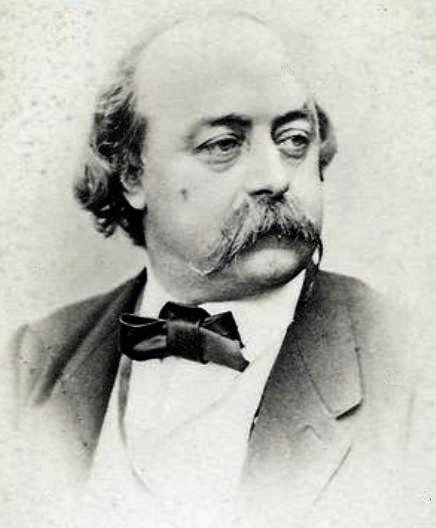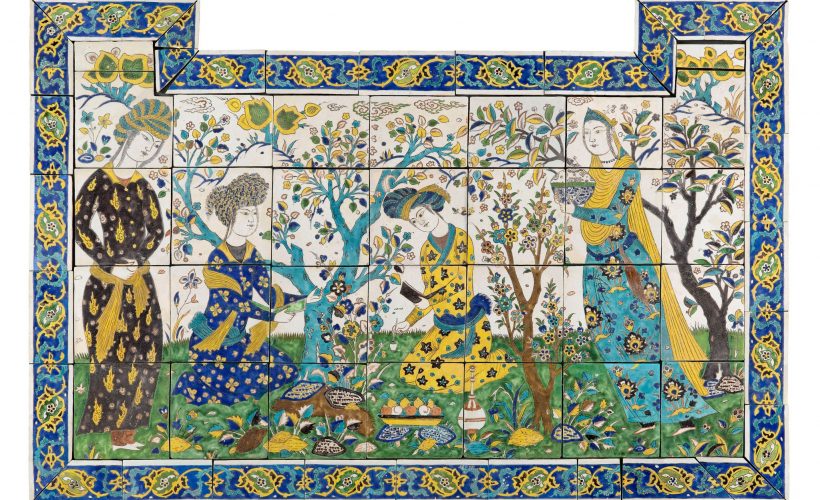History & Heritage
12.4.2020
Flaubert and the Arab World: a look back at a little-known story

In anticipation of the bicentenary of the birth of the French writer in 2021, the University of Sfax is questioning the close links that Gustave Flaubert maintained with the Arab world, and more particularly with Tunisia, during a colloquium bringing together many academic leaders.
Flaubert, a writer tied with Arab World
When we think of Gustave Flaubert’s name, we think in particular of his novels such as Madame Bovary (1857) and L’Éducation sentimentale (1869), works which are today part of the pantheon of 19th century French literature. Following on from the work of Honoré de Balzac, the novelist is known to be one of the leading figures of the realist movement alongside such illustrious writers as Emile Zola or Guy de Maupassant, whose naturalist school is the continuity of the realist movement.
What is less well known, however, is that Gustave Flaubert undertook several trips to the Arab world during his youth. Indeed, the writer traveled through Egypt, Lebanon, Palestine as well as Tunisia and Algeria a few years later. Apart from his Carnet de voyage à Carthage, none of Flaubert’s major works really dwells on the French writer’s travels. However, the latter did leave many correspondences with those close to him from his moments of exploration of the Arab world. These are valuable writings for today’s researchers in history and literature who seek to question the nature of the link that united Flaubert to the Arab world.
A colloquium to discuss the links between Flaubert and the Arab world.
It is to answer these questions that the University of Sfax, in Tunisia, decided to organize a symposium to analyze the complexity of Flaubert’s relationship with the Arab world. Through the study of Gustave Flaubert’s writings, the participants of the colloquium will attempt to contextualize and draw lessons on the links which then united the European intellectual elite with the East.
"Mais le #Liban n'est pas assez vanté. C'est aussi beau que les Pyrénées mais sous un ciel d'Orient."
Gustave Flaubert, Notes du Voyage en Orient pic.twitter.com/6qfDZeIJg2— Elie Sfeir 🎶🎄 (@eliesfeir10) May 14, 2020
The colloquium has a two fold aim: to understand Flaubert’s vision of the Arab world at the time and to explain how this vision is representative, or not, of 19th-century European mentalities, and to analyze the reception of Flaubert’s writings by the populations of the Middle East and North Africa.
In this way, academics will be able to attempt to answer a multitude of questions that still fuel debates within academic research circles: is the Flaubertian vision of the Arab world based on ethnocentrism or on multiplicity, diversity, and cultural cohabitation? Does such a multicultural vision of the world explain why Flaubert occupies an important place in Arab countries today and why he is an object of interest for researchers and translators?
So many questions have been studied and addressed during this colloquium, which will end its work on Friday 4 December.
popular

